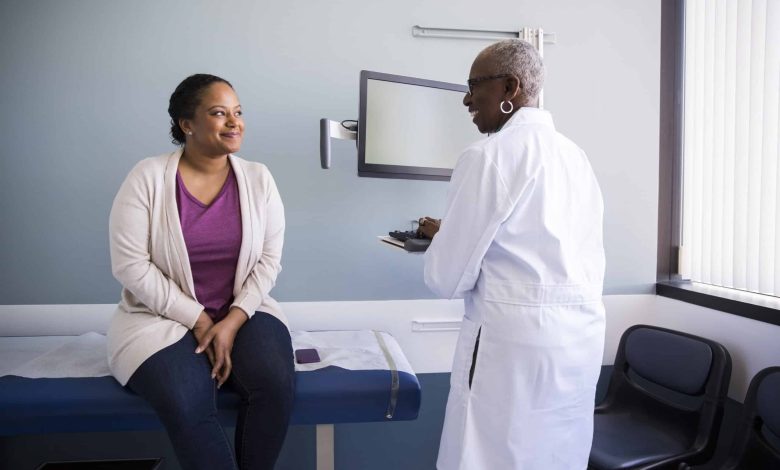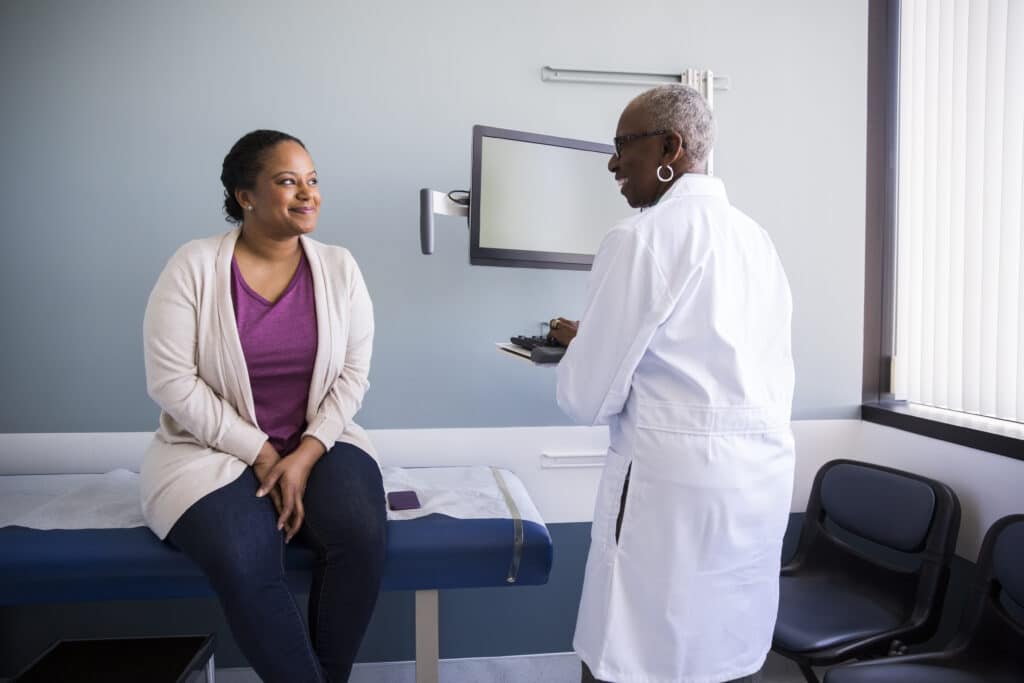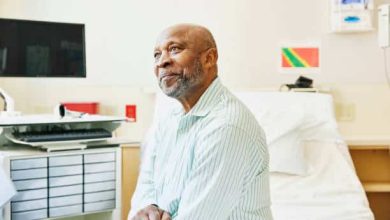The Greatest Barrier to Black Folks in Clinical Trials? Not Being Asked to Join – BlackDoctor.org


Clinical trials have historically underrepresented Black people and other people of color. This lack of representation is concerning because these communities often experience higher rates and incidences of the diseases being studied. A survey conducted by the Patient Access Network (PAN) Foundation in conjunction with The Harris Poll found that while 83 percent of the respondents within these communities had a positive view of clinical trials, they had not participated in one.
This non-participation isn’t for lack of interest; it’s simply because they’ve not been asked. According to the survey, very few respondents have been approached by their health care providers with information about clinical trial enrollment.
While there has been mistrust of medical research in the past – which dates back several decades – 80 percent of people of color surveyed said that they view their health care providers in a positive light. However, only 22 percent of those individuals have had clinical trial participation discussions with their doctors.
This discrepancy highlights a troubling disconnect between available opportunities and the enrollment of minorities. It also indicates a significant need for health care providers to take the initiative in discussing clinical research trials with their minority patients.
Barriers and Motivations to Clinical Trial Participation
The survey indicated a number of barriers to clinical trial participation among people of color, including knowledge about the specifics related to enrollment such as cost, confidentiality, and reimbursement; all things that would influence their decision.
Black survey respondents said they were interested in participating in clinical trials as part of a desire to help others who look like them. They also expressed an interest in contributing to medical advancements, indicating an important opportunity to incorporate outreach strategies that focus on benefits to the community.
Health disparities among Black people are rooted in systemic issues, including socioeconomic factors, limited access to quality health care, and a historical mistrust in medical institutions. These disparities are exacerbated by factors like discrimination, inadequate insurance coverage, and environmental conditions, leading to higher rates of chronic illnesses and poorer health outcomes in these communities.
Diversity in Clinical Trials
Ensuring the enrollment of diverse participants in clinical trials is crucial for advancing treatment across all demographics. In response to this need, the PAN Foundation has launched an initiative entitled, Opening Doors to Clinical Trials to empower those from underrepresented communities to advocate for themselves and their community members. Key components of the initiative include resources like an online clinical trial finder as well as educational resources that address the historical mistrust of medical research.
Through the initiative, PAN’s ComPANion Access Navigators will offer one-on-one support to address questions and concerns about clinical trials. The initiative is designed to simplify the public’s understanding of clinical trials while focusing on cultural sensitivity and tackling medical mistrust and misconceptions among underrepresented populations.
Individuals can use the online clinical trial finder to help streamline the process of finding suitable trials and allow potential participants to take an informed approach to advocating for their own health. Through these efforts, PAN hopes to increase participant diversity and improve access to clinical trials within underrepresented communities.
Empowering Change
The goal of these efforts to reach underrepresented populations is to ensure future generations are included in medical research advances. An increase in outreach and education is essential to bridging the gap between clinical trials and the enrollment of people of color so that they’re not only actively participating in the research today, but also helping to shape the future of future medical advancements and research.
The Harris Poll survey results reveal the importance of addressing and acting on the interest and positive perception that those in marginalized communities have toward clinical trial research, and transforming that interest into action and enrollment.




